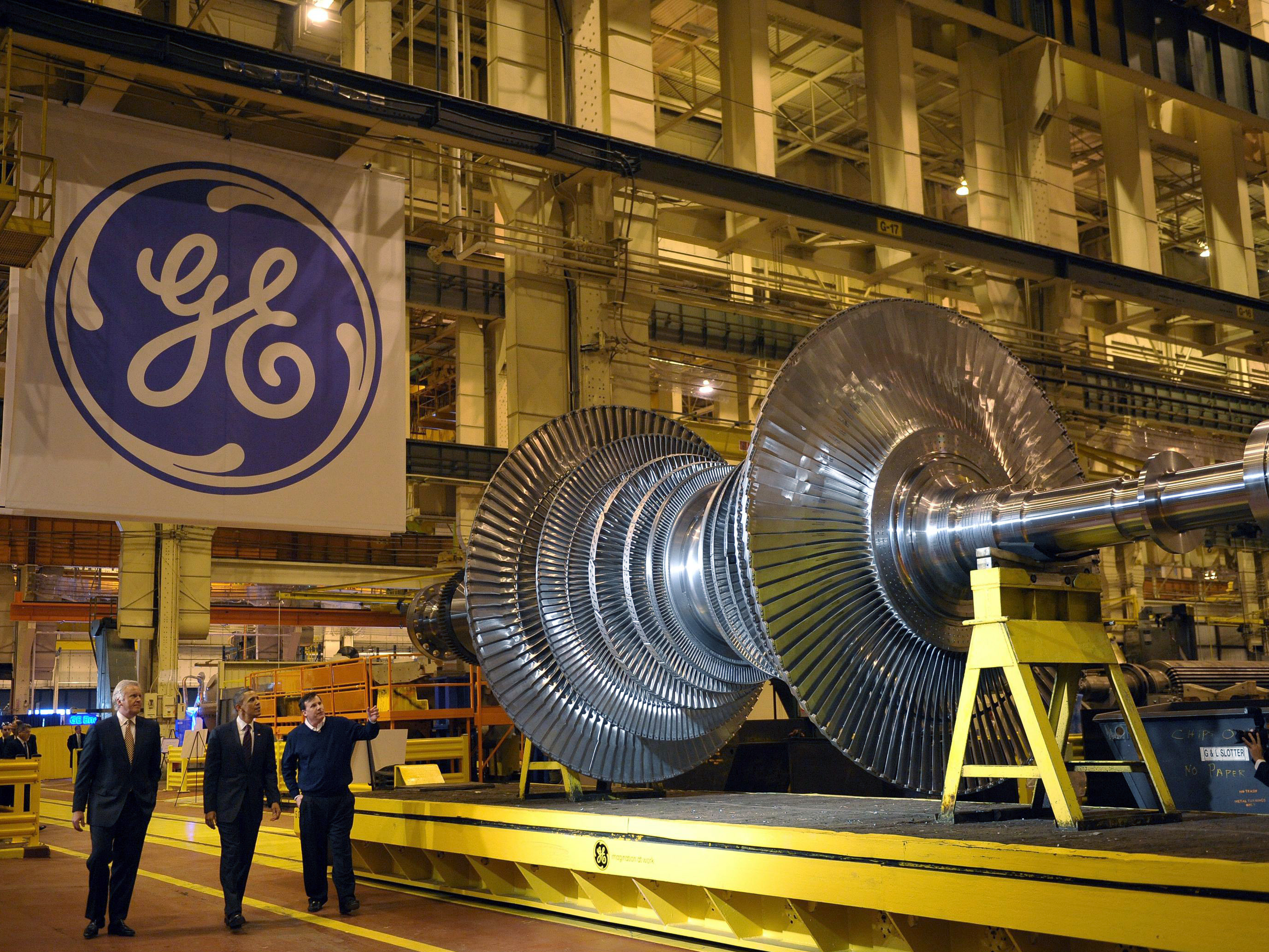GE reveals the three new companies that will emerge from its split

General Electric announced the names of
its three separate companies that will emerge from the historic
split of the corporation on Monday. They include GE HealthCare, GE
Aerospace, and GE Vernova.
“Today marks a key milestone in GE’s plan to become
three independent, laser-focused companies,” Chair and CEO Larry Culp said in a
statement. “Leveraging GE’s multibillion-dollar global brand gives us a
competitive advantage in our end markets, allowing these businesses to win in
the future.”
According to a press statement from the company, GE
HealthCare would include the company's health services division and will
be traded on the Nasdaq Stock Market under the ticker symbol "GEHC."
The completion of that spinoff is anticipated to occur early in 2023.
The aviation division of the corporation, which has
a fleet of 26,200 military and 39,400 commercial aircraft, will be incorporated
under the name GE Aerospace. The GE trademark will be owned by the aerospace
subsidiary as well, and it can provide licenses to the other divisions.
GE Vernova is the name of the conglomerate's
renewable energy company. It explained that the name is a "combination of
'ver,' derived from 'verde' and' verdant', to signal the greens and blues
of the Earth, and nova,′ from the Latin 'novus,' or 'new,' reflecting a new and
innovative era of lower carbon energy that GE Vernova will help deliver."
General Electric has 7,000 gas turbines deployed as
well as 400 gigawatts of renewable energy technology. Early 2024 is when the
business's spinoff is anticipated to be finished.
GE stock increased by around 2% during Monday's
morning session along with broader market advances. The stock has lost over 30%
of its value so far this year.
‘What
this means for investors’
Last year, General Electric shocked the market by
revealing its intention to split into three distinct companies. The
strategy makes sense and should produce a sizable value release for investors.
First off, because of what is now known as the
"conglomerate discount," each of the newly public
companies might trade at higher valuation than they would be as units
of the present GE.
Conglomerate stocks used to trade at a premium to
comparable companies, demonstrating the appeal of a company with a variety of
revenue streams that might produce profits under a variety of market
conditions. Exchange-traded funds (ETFs) have made it considerably simpler for
investors to gain exposure to a variety of industries with only a few
investments.
Second, the newly formed companies are expected to
run more effectively after being divided into various components. The post-split
companies would have better "focus," according to CEO Larry Culp, and
"more tailored capital structures and capital allocation frameworks that
are aligned with each company's distinct strategies and industry
dynamics."
That justification seems logical given that bond
investors could be more inclined to make an investment in, for instance, a
healthcare company that operates independently rather than one that is a part
of GE. Similar to this, management may decide to delay significant investment
in developing aircraft engines because of financial issues in other GE
divisions, according to Motley Fool.


Be the first to comment!
You must login to comment